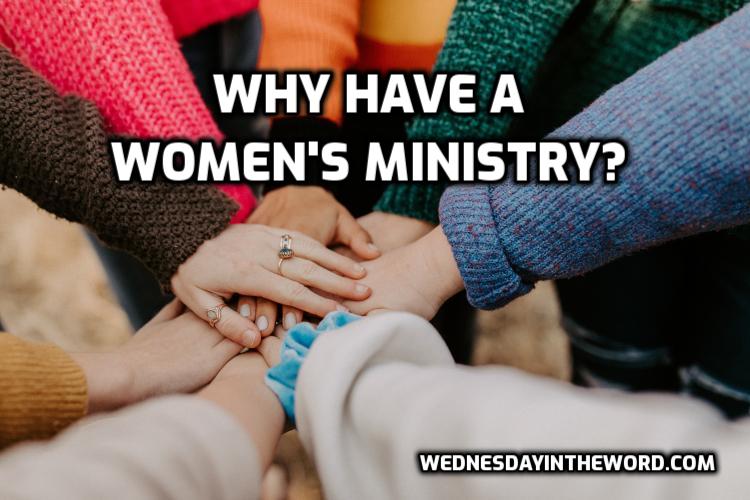
7 Habits of Spectacularly Unsuccessful Leaders
Failed CEOs shared these 7 habits. What about leaders in the church?

Failed CEOs shared these 7 habits. What about leaders in the church?

Becoming a believer is in some ways like becoming a Ya-Ya. When you become a believer, not only do you gain a vertical relationship with God, you gain a horizontal relationship with other believers.

Putting servant leadership into practice: thoughts on leading from moral authority rather than hierarchy.

Is “youth focused Christianity may be sidelining the gifts of older women”? In a sea of artful hipsters, older women feel invisible and overlooked.

My grandmother remarked that when she was 20 marriage was the adventure — for both men and women — and career was a icing on the cake. Now education and achievement are considered the adventure while marriage (indeed any long-term relationship) is an afterthought. But it’s not working.
“The female part of every congregation have an influence which cannot be defined nor resisted. For the most part, this influence is as just in its award, as it is sovereign in its sway.”

Some of us may be choking on cutesy things, but many of us are working towards a model of serious bible study and discipleship.

Not only is it important to have an intentional, deliberate approach to female discipleship, it is necessary for a healthy church community.